|
How's your donkeys these days? A question asked of me reasonably frequently, particularly by those who knew me before my 'farm days', and still find it hilarious! Here are my donkeys - I took this picture of Bea (short for Beatrice, in the distance) and Georgie (short for Georgina, who's ears we are looking through) and while I'd like to take credit for this artistic shot, the truth is, I had no choice in the matter! When Georgie sees me coming, she races over for a cuddle, and leans heavily against me. Bea keeps her distance, getting closer on her own terms. We've grown pretty comfortable with each other. But it's a long way from where I started. When Bea first arrived, I had no experience or knowledge of anything equine, and was petrified of this big animal who was as jittery around me as I was around her. Gradually, I learned to handle them both, grooming, worming, helping the farrier with hoof trimming, and working in close proximity to them to muck out. It's been quite a transformation! I recently read an article about social farming which described how the charity FarmAbility enables people with autism and learning disabilities to participate in meaningful activities (a core tenet of OT) on farms. The OTnews article, and my own experience with my four-hoofed girls, led me to reflect on some of the values that working with animals can teach:
I can totally see how a farm environment would be a therapeutic environment for those who might have communication, learning or social difficulties. It's certainly a therapeutic environment for me, and as my granddaughters accompany me during my farm tasks, I know that they are learning these important values too!
0 Comments
|
AuthorClare is an occupational therapist, a lifter of weights, a grandmother, a lover of dogs, pygmy goats, donkey, chickens and, of course, robins. Archives
August 2018
Categories |
Site powered by Weebly. Managed by Big Wet Fish Hosting

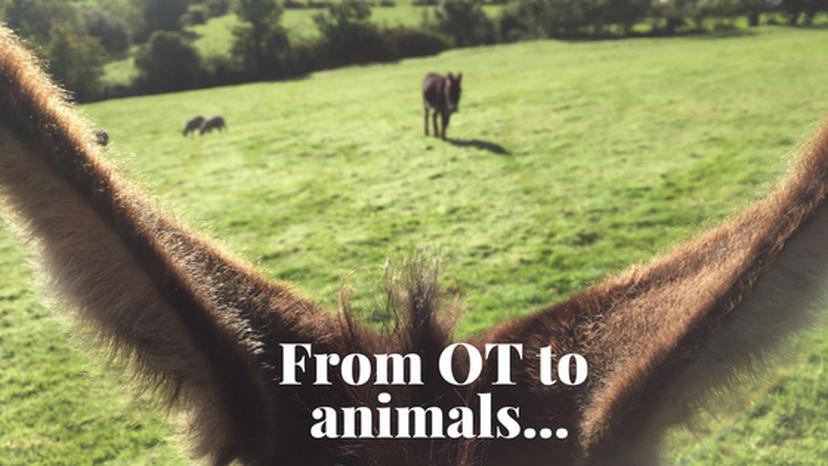
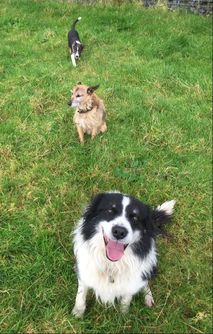
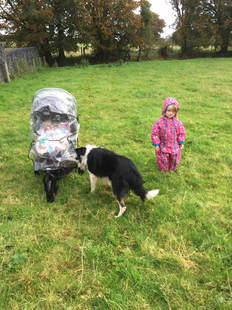
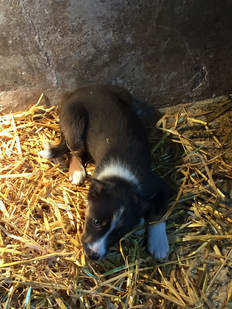
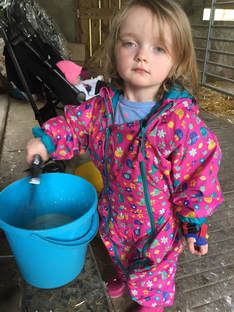
 RSS Feed
RSS Feed